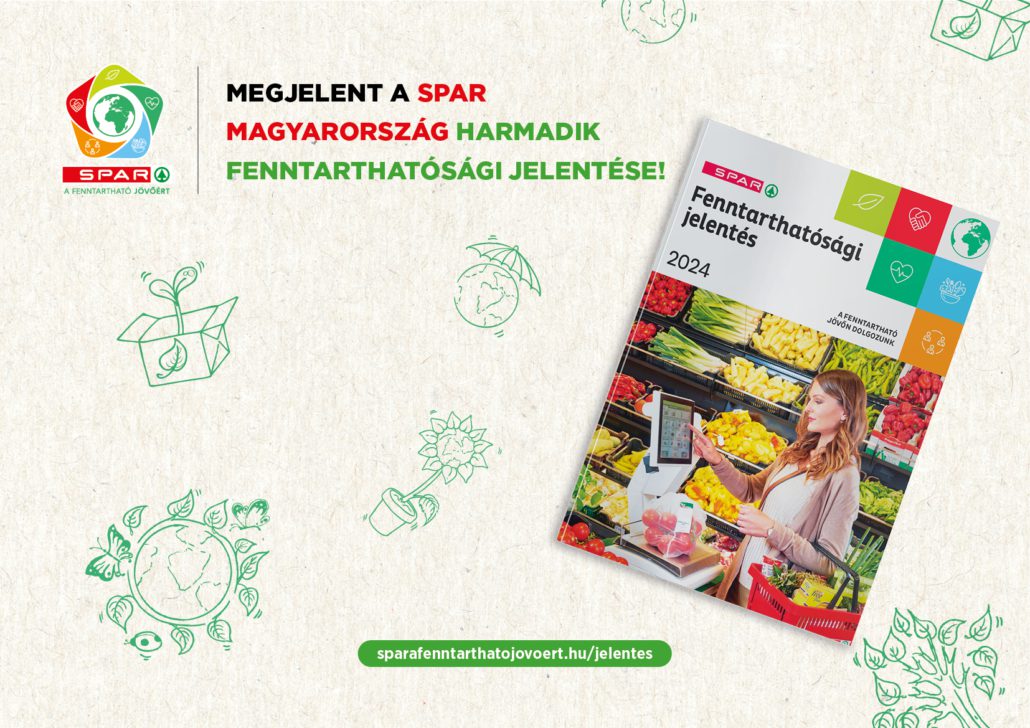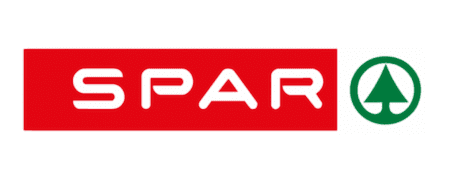4.8% lower energy consumption, 90% domestic food sourcing – SPAR’s new sustainability scorecard
In 2024, SPAR Hungary made significant progress in sustainable operations. Thanks to modernised technological solutions, the company reduced both its energy consumption and greenhouse gas emissions from owned sources, while domestic suppliers accounted for more than 90% of its food product range. Customers also play an active role in reducing environmental impact through their conscious purchasing decisions that support energy-efficient operations.
SPAR’s energy consumption decreased by 4.8%, and its indirect carbon emissions from owned sources and purchased energy dropped by 9.5% compared to the previous year. In stores, LED lighting, modern refrigeration systems and optimised logistics processes contributed to more efficient operations. At SPAR’s own production facilities—such as the Regnum meat plants, and the SPAR enjoy. convenience factory—energy system upgrades were implemented, according to SPAR’s 2024 Sustainability Report.

“Sustainability is a shared responsibility, and the SPAR team strives to lead by example. Customers also reduce their ecological footprint by choosing returnable or their own packaging, or by opting for locally-sourced products,” said Márk Maczelka, head of communications at SPAR Hungary. He added that effective cooperation with customers is clearly demonstrated by the fact that, via the Munch app, over 400,000 near-expiry discounted product packs were saved from going to waste in 2024.
SPAR Hungary continues to prioritise domestic suppliers: more than 90% of its food offering comes from local sources. Through the Regional Treasures programme, over 600 products from 131 suppliers are now available across different parts of the country—supporting short supply chains, reducing the environmental impact of transportation, and boosting the local economy.
SPAR also achieved notable internal results during 2024. The company’s logistics centres reduced waste generation by 73 tonnes over the year. Packaging optimisation led to the near-total replacement of single-use paper, plastic, and wooden storage containers. New technologies introduced in stores and logistics units resulted in a 47-tonne waste reduction, while the use of CHEP pallets further lowered environmental impact by 26 tonnes annually. Additionally, the delivery fleet was expanded with 30 new lorries, which, thanks to optimised route planning, now enable faster deliveries and measurable reductions in fuel consumption.
The SPAR sustainability strategy is available on the dedicated company website: www.sparafenntarthatojovoert.hu



